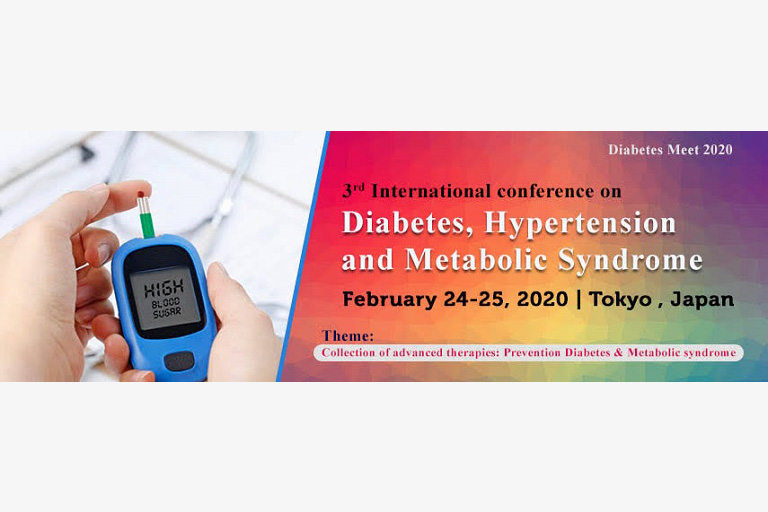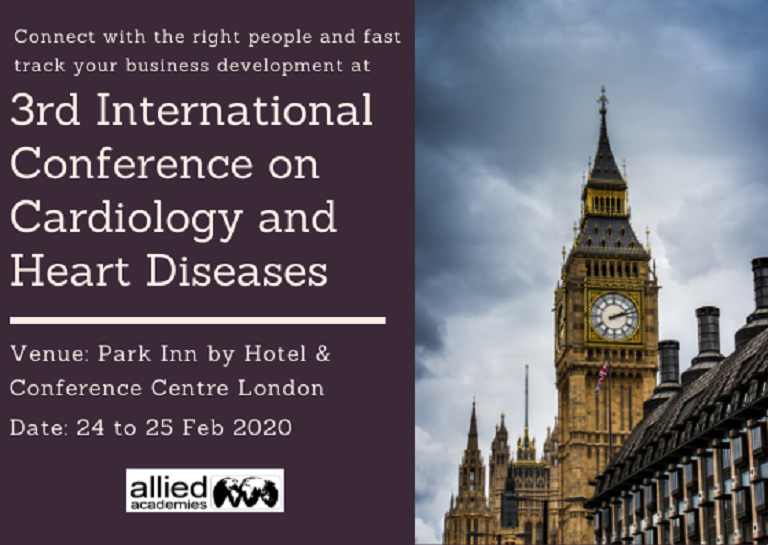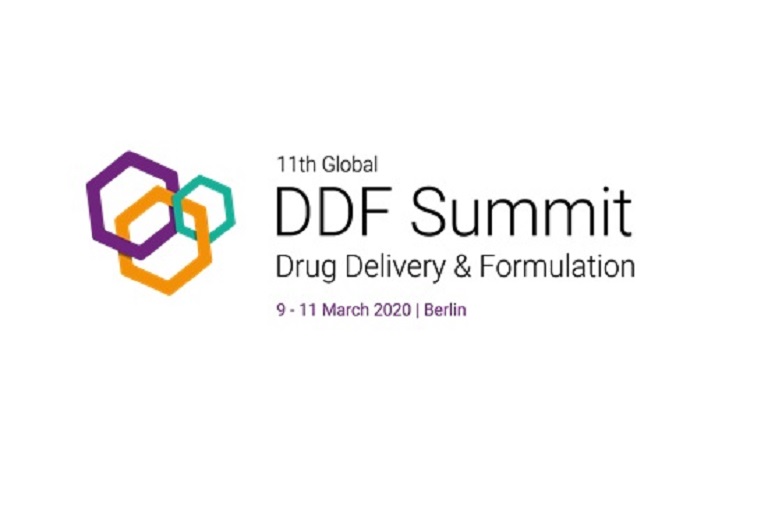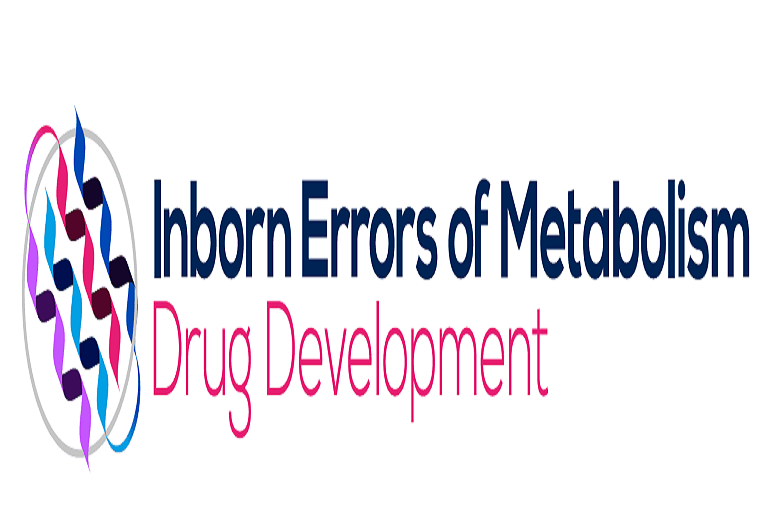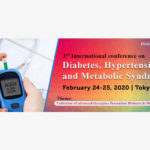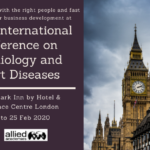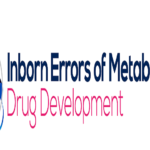Scientists recommended Americans consume less sugar, alcohol. The new dietary guidelines don’t reflect that.
The federal government on Tuesday released new dietary guidelines for Americans of all ages that rejected scientists’ recommendation to lower the suggested amount of sugar and alcohol consumed in a day.
The five-year guidelines, issued by the U.S. Departments of Agriculture and Health and Human Services, retain previous recommendations to limit added sugar intake to less than 10% of calories per day and limit daily alcohol intake to two drinks or less for men and one or less for women.
If you’re consuming 2,000 calories a day, that works out to about 200 calories (50 grams or 12 teaspoons) of added sugars. A can of coke, for reference, contains about 39 grams of sugar and 140 calories.
Earlier this year, a 20-person committee of scientists known as the Dietary Guidelines Advisory Committee recommended that the departments modify the guidelines to suggest Americans consume less than 6% of calories from added sugars, citing high rates of obesity, type 2 diabetes, cardiovascular disease and cancers in the U.S. – all underlying conditions that contribute to a higher likelihood of severe COVID-19.
For the average American, added sugar accounts for more than 13% of daily energy intake – almost 270 calories – most of which comes from sweetened beverages, desserts and sweets, snacks, coffee and tea, candy and sugars, and breakfast cereals and bars, according to the guidelines.
The committee also recommended that Americans who drink alcohol should drink no more than one drink per day, where one alcoholic drink is equivalent to 12 fluid ounces of regular beer, 5 fluid ounces of wine, or 1.5 fluid ounces of 80 proof distilled spirits.
The committee cited evidence that capping consumption at one drink a day for men may decrease the risk for cancer and cardiovascular disease compared to higher levels of consumption. The committee also cited rising rates of binge drinking and mortality from alcohol-attributable causes of death, including alcoholic liver disease.
But the federal government rejected the committee’s recommendations, saying in a statement that “there was not a preponderance of evidence in the material the committee reviewed to support specific changes, as required by law.”
At the same time, the department said the committee’s evidence “supports the need to continue to limit intakes of added sugars and alcoholic beverages to promote health and prevent disease.”
You’re facing a lot of choices amid the pandemic. Cut yourself slack: It’s called decision fatigue.
The “Dietary Guidelines for Americans” report, first issued in 1980, forms the basis for federal nutrition programs, such as the National School Lunch Program and military rations. It also determines the government’s “MyPlate” nutrition guide – a graphic depicting a place setting with a plate and glass divided into five food groups, which replaced the food pyramid in 2011.
The 2020 edition of the guidelines is the first to include recommendations for infants and toddlers and advises feeding only breast milk for at least six months and giving no added sugar to children younger than 2.
The departments have previously faced criticism from scientists, physicians and lawmakers alleging that the guidelines are based on weak scientific evidence and influenced by industry interests. In 2016, Congress ordered a comprehensive study of the process used to establish the guidelines, and two subsequent reports recommended changes, including providing the public with a “clear explanation” when the guidelines omit or accept only parts of conclusions from the scientific report.
One point of contention in recent years has been the guide’s promotion of meat and dairy intake. In 2018, the American Medical Association passed a resolution recognizing that lactose intolerance is common among many people – especially African Americans, Asian Americans and Native Americans – and calling on the departments to “clearly indicate … that meat and dairy products are optional.”
In August of this year, nearly 500 health care professionals signed a letter from the Physicians Committee for Responsible Medicine expressing concerns about racial bias in the guidelines. On Tuesday, the group called for the departments to rework the new edition.
“They need to be pulled back and redrafted,” Dr. Susan Levin, director of nutrition education for the Physicians Committee for Responsible Medicine, said in a statement Tuesday. “The guidelines maintain a racially tinged promotion of dairy products, which are far less healthful than other calcium sources and have been shown to increase the risk of prostate and breast cancer, both of which are particularly deadly in the Black community, as well as an inappropriate emphasis on meat, rather than healthier foods.”
The group called on the departments to delete “dairy promotions,” “avoid equating ‘protein’ with meat” and increase emphasis on plant-based foods.
“The new guidelines follow the meat-industry-friendly practice of giving ‘protein’ its own food group, despite the fact that protein is a nutrient, not a food,” the group said in a statement. “And while beans, grains, and other healthful foods provide abundant protein, the guidelines continue to list meat as favored sources.”
Source : healthnews














